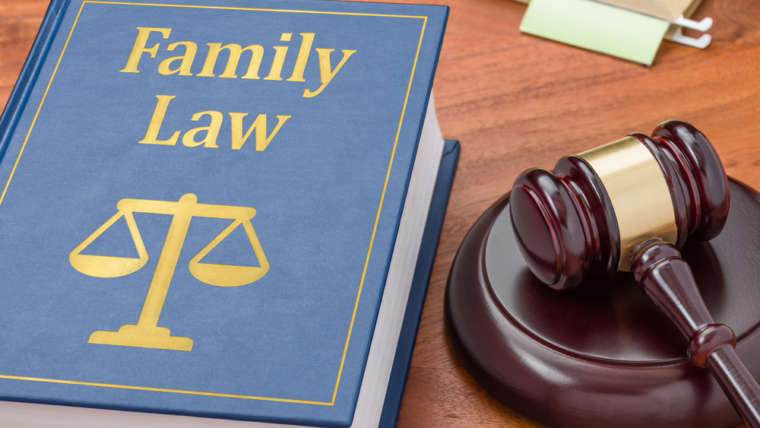As solicitors we spend a great deal of time talking to our clients about their enduring power of attorney documents, the pros and the cons, the dangers, the benefits, how to mitigate risk against misuse and the appointed attorneys’ legal obligations and responsibilities.
Common pitfalls for attorneys
What we don’t do, often until it’s too late, is talk to the attorneys about their responsibilities and obligations under the Power of Attorney Act 1998 (Qld). Often, attorneys find themselves thrust into acting when the principal has taken ill and no longer has capacity to make decisions for themselves, (depending on the specific terms of the enduring power of attorney). Attorneys are often doing the best they can in the circumstances, with little previous experience, guidance or understanding of their responsibilities or legal obligations.
This kind of “learn as I go ” approach can often lead to good well-intentioned people making terrible mistakes with equally terrible consequences. Of course there are those who would intentionally misuse their power for their own personal gain but that is another issue and is not the focus of this article.
In my practice I have seen numerous examples of attorneys, often acting for their spouse or an aging parent or relative, breaching their duties under the Power of Attorney Act. Often the breaches involve the attorney transferring money from the principal’s account into their own (to make paying bills easier), giving another (third) party access to bank accounts or keycards to take care of banking for the Principal or not keeping proper records of accounts.
Most recently I saw a client who had sold a property that was jointly owned with the principal (his spouse). His wife had lost capacity and was in full time care. Without seeking any legal advice our client had subsequently purchased a new more suitable residence to be closer to his wife’s care facility but failed to place her on the title of the new property (even though he had used the proceeds of the jointly owned property to pay for the subsequent property). In this case QCAT investigated and found that this was a genuine mistake by the attorney and ordered, amongst other things, that the Principal be placed on the title of the new property. This was a great outcome for our client but none the less a stressful and expensive exercise to remedy something that could have easily been avoided in the first place.
As you can see the consequences for these breaches vary but they can be serious and, in the most extreme cases, could be considered fraud and be subject to criminal charges.
To assist I have set out some do’s and don’ts for attorneys.
DO
- Always act in the best interests of the Principal.
- Involve the Principal in decision making where it is applicable to do so.
- Always keep accurate financial records and accounts.
- Always keep co-attorneys updated and make them aware of any significant decisions or transactions you have, or may wish to undertake.
- Carefully consider the terms of your appointment and how your power is exercisable, i.e. are there any limitations and do you need a co-attorney’s joint agreement.
- Ensure that the Principal has sufficient funds for their personal use or minor expenses.
- Ensure you understand and are familiar with the Principal’s budget and financial obligations i.e. rates, rent, insurance and tax.
- Obtain legal advice if you have any issues or are unsure about anything pertaining to your role, the Principal’s legal or financial affairs or conflict between you and a co-attorney.
Don’t
- Commence acting before your power has been properly invoked. i.e. if incapacity make sure you obtain medical certification of the incapacity.
- Act alone if you have been jointly appointed.
- Ever intermingle the Principal’s funds or finances with your own.
- Try to delegate your responsibilities to a third party.
- Try to vote on behalf of the Principal.
- Pay yourself from the Principal’s funds unless explicitly authorised to.
- Enter into transactions where you personally benefit or have a conflict of interest with the Principal.
- try to make or revoke a Will or enduring power of attorney of the Principal.
- Try to pay bills or remove money from the Principal’s account after they have passed away. Your power ceases the moment the Principal dies.
- Assume you will be the executor of the Principal’s Estate because you were attorney.
If you are acting as an attorney and would like further advice please call our office on 07 3999 8920. The above is for general guidance only and you may require specific legal advice.


